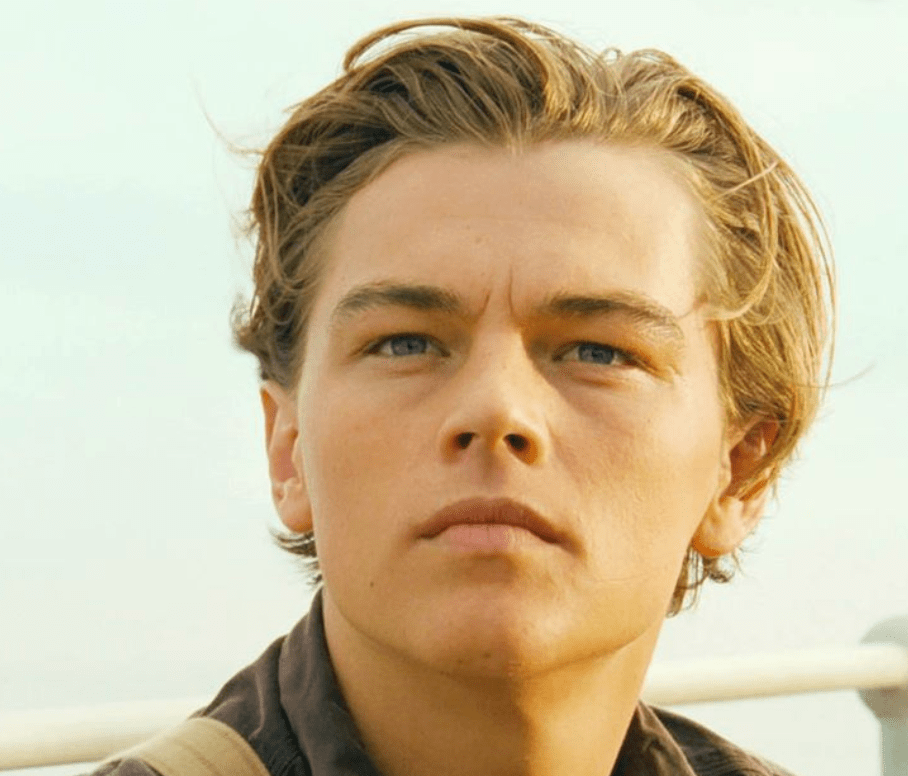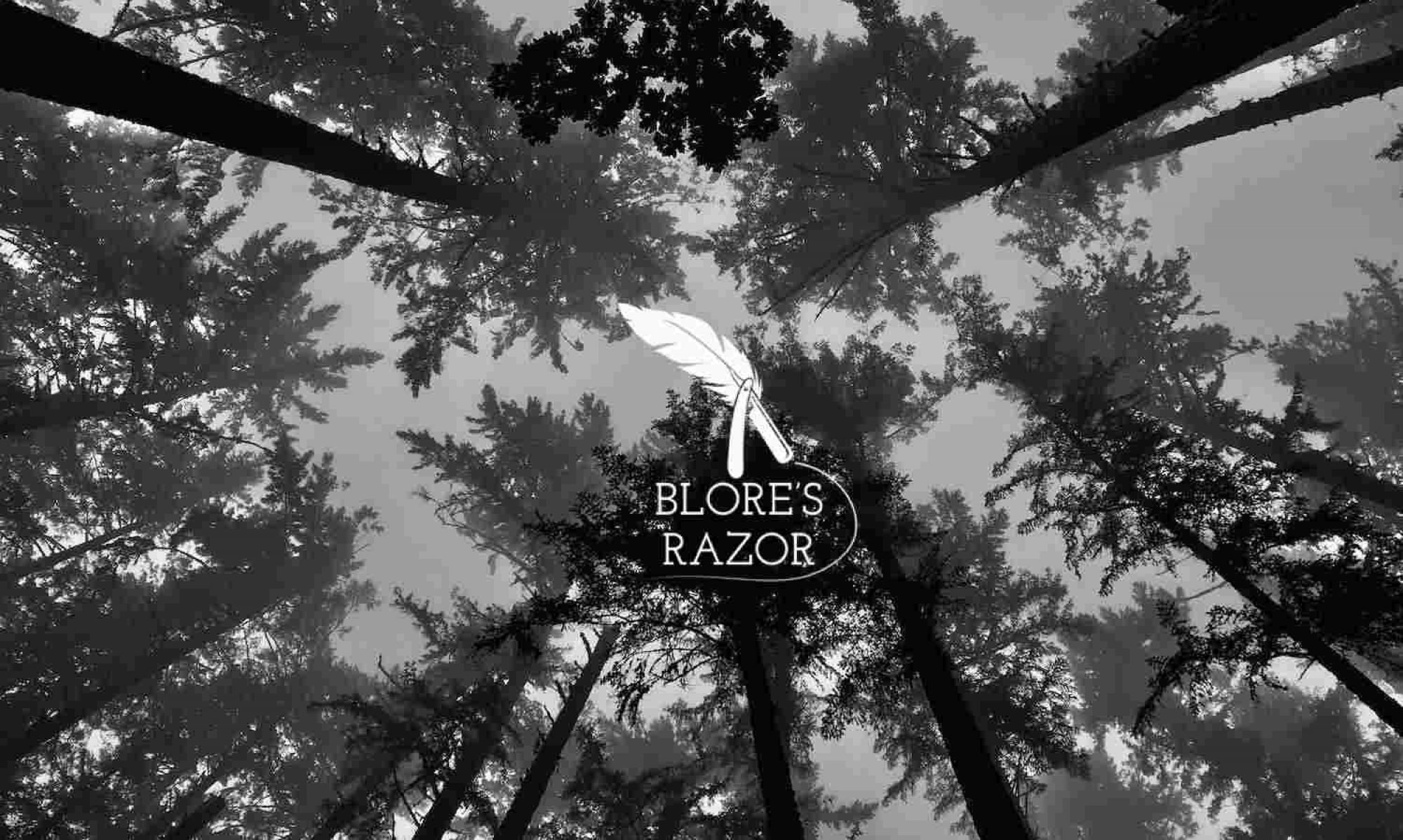When I was in seventh grade, every girl I knew (and probably some boys) swooned over Leonardo DiCaprio in Titanic. It wasn’t enough to see the movie just once in theaters: most of us had seen it three or four or seven times. From magazines and TV interviews to bedrooms and locker collages, it wasn’t possible to escape the Leo Mania of 1997. It was ubiquitous and all-consuming—a collective crush that transcended even the most rigid middle school social hierarchies.

Shared experiences and celebrity obsessions can unite generations, especially decades later in amused reflection. For people who grew up in the 90s, Britney Spears, Dr. Dre, Saved By the Bell, Dawson’s Creek, and Fresh Prince of Bel-Air had near-universal recognition. Our attention could still be held within the confines of a book, television set, movie screen, or magazine. There was little customization beyond the act of changing a channel, and little interactivity beyond writing a fan letter.
Today, people’s consumption of culture is personalized, controllable, and virtually limitless. I often wonder how this new God-like access to information—especially entertainment—has shaped Gen Z.
For example, can they can be considered a generational cohort at all? Do they really have enough in common with one another? And what are those characteristics?
And has the internet created a wider awareness of cultural icons (because information spreads so quickly and easily)? Or since cultural consumption is on-demand and individualized, are there multiple Gen Zs with non-overlapping preferences and qualities? In other words, does having absolute power over cultural exposure increase or decrease what’s universally shared? And how has the ever-greater menu of entertainment shaped young people’s cultural identities?
While video game consoles were widespread among my peers in the 90s, smartphones, Instagram, and internet porn were not. I reflect on how self-conscious and impressionable I was as an adolescent. Attending Thurston Middle School and later Laguna Beach High School offered plenty of painful opportunities for upward social comparisons; it would have been devastating to not have a break from “thinspiration” at home. Girls today compare themselves to Facetuned influencers at all hours, which seems like its own special hell.
Internet porn also has created its own problems. In Peggy Orenstein’s book “Girls and Sex,” she reveals that many young men today—including middle-schoolers—expect blowjobs. Not just receive them … expect them. What’s sad is that many girls she interviewed complied in efforts to earn “social currency” among their peers. One girl even compared a blowjob to “a very special handshake.” I assume this new expectation is shaped by increased access to porn—much of which warps men’s pleasure and perspective on sex.
Of course, there is one commonality with the pre-internet days: discussions of women’s pleasure have always been missing from the American narrative, whether it’s porn or sex ed.
But maybe I’m thinking about this all the wrong way. Cultural and generational identity is about so much more than sexuality, awareness of a TV show, or a shared celebrity crush. It’s a privilege that to me, the 90s felt so comfortable and carefree; if I could do it all over again, I would have spent less time pining after Leo and more time protesting the abuse of Rodney King, standing up for Monica Lewinsky, or questioning the spread of U.S. military bases all over the world. In a life untethered to smartphones, computers—and in my upbringing, even TV—ignorance was bliss.
There has been one hopeful trend in this boundless media landscape for all generations: the rise in activism. The March for Our Lives, the Global Climate Strike, Standing Rock, Black Lives Matter, the Women’s March, and #MeToo have played prominent roles in our lives, wherever we fall on the issues.

Maybe these are the cultural touchstones which really count—the efforts to expose and uproot the shameful parts of our American identity: our racism, our sexism, our violence, our wasteful consumerism. As much as we bemoan our shortened attention spans and indulgent TV binges, technology has unshackled long-overdue social movements.
The question is: are enough young people engaged in these mass cultural shifts or are they choosing the easy indulgences? The sheer volume of mindless entertainment available can make us comfortably numb. Entrenched power is counting on us tuning out the growing drumbeat of progress.
I always idealized the 60s for its raw revolutionary power. I thought it was all flowers, free love, defeating “isms,” and being kumbaya as fuck. I realize now that pushing for real social change was—and is—actually uncomfortable and violent. Fifty years ago, high-profile assassinations were rampant: MLK, Malcolm X, JFK, Bobby Kennedy, and others. Both then and today are eras marked by deep divisions within our citizenry and primal rage.
I might even thank Donald Trump—the exquisite embodiment of our worst traits—for making our path forward as clear as cubic zirconia. It’s a lot easier to fight bigotry and other fuckwittages when they’re out in the open. Consider how Trump’s overt racism and sexism have helped renew calls for reparations and the Equal Rights Amendment; look at how his greed-fueled denial of climate change has sparked a greater awareness of the issue. He also ushered in the most diverse Congress in U.S. history. This blue backlash could be considered a tribute to his perfect awfulness.
Do I look forward to a more boring 90s-like era of comfort? The return of mutual respect between liberals and conservatives? Absolutely. Life is hard enough without having a rapist and a liar as the most powerful man in the world.
But I take comfort in one thing: this moment of history feels excruciating because it should—it’s the dizzying anxiety of justice deferred and now demanded.
I remain hopeful that much-needed changes to American culture and legislation—strides in gun laws, climate action, sexism, racism, LGBTQ rights, and corruption—will rise from the ashes of this modern chaos.
A few years from now, we’ll see how integral this turbulence has been for our society’s progress.
